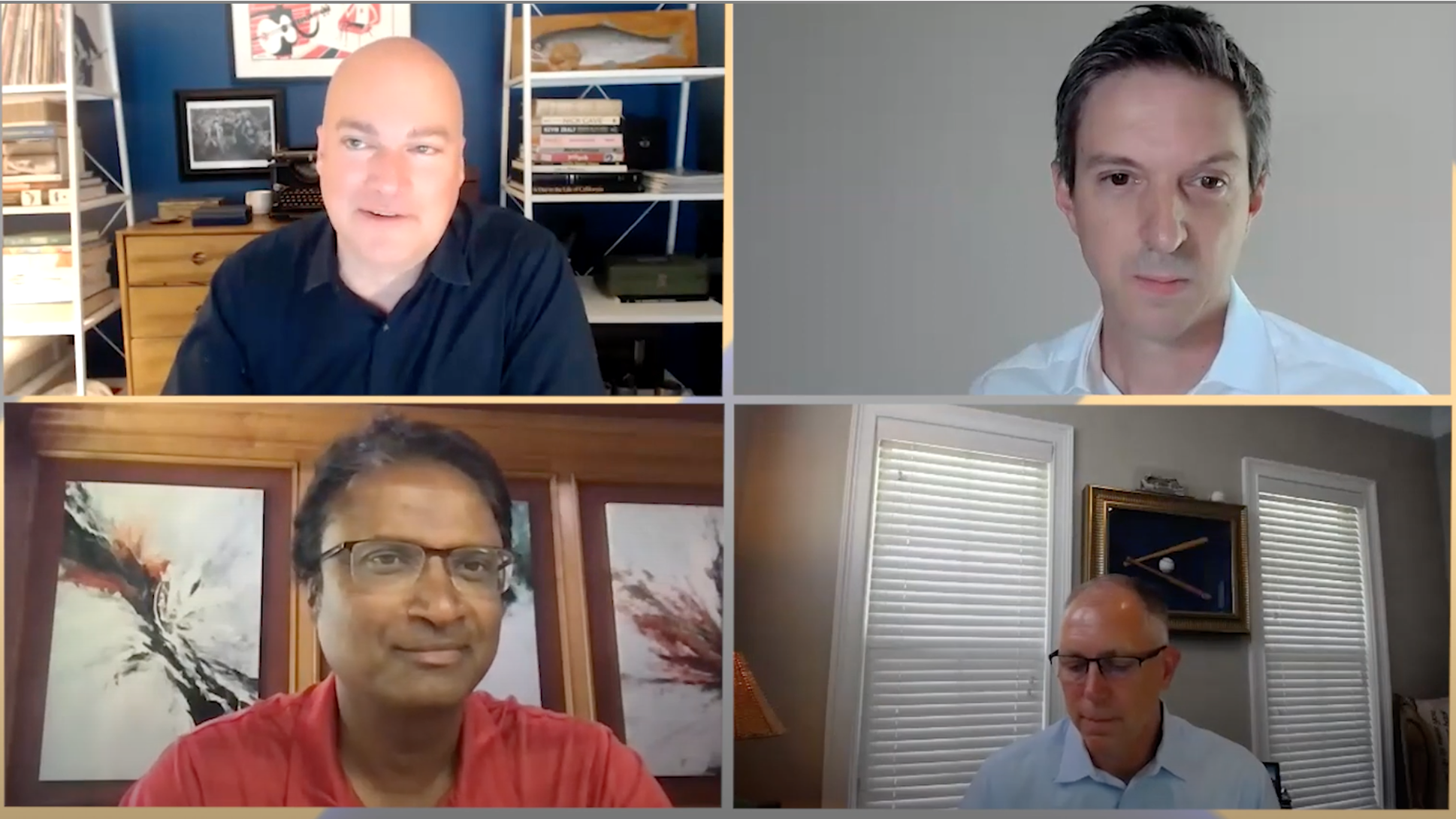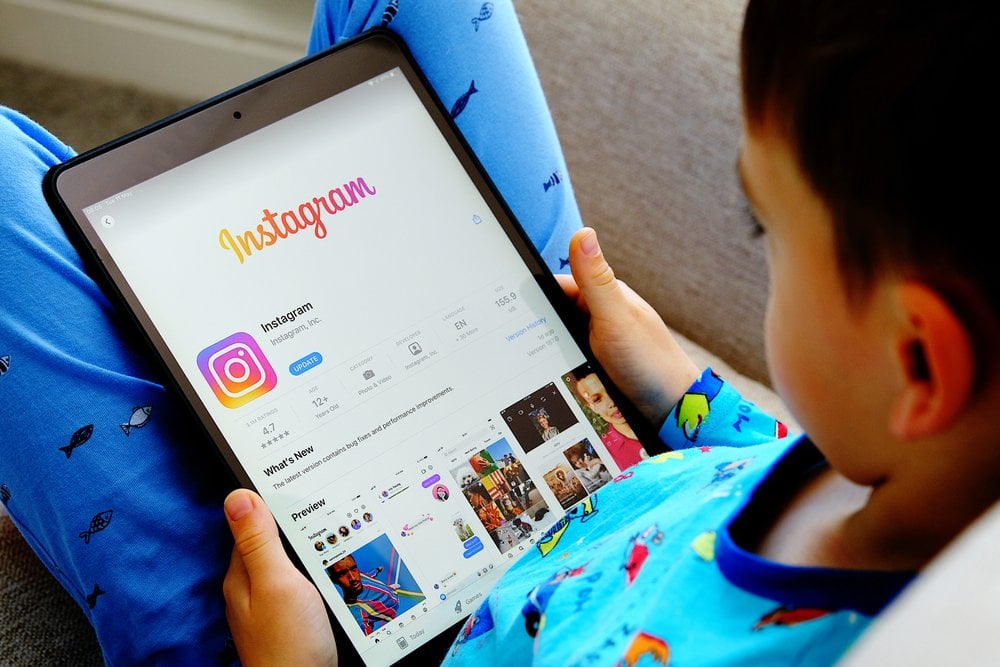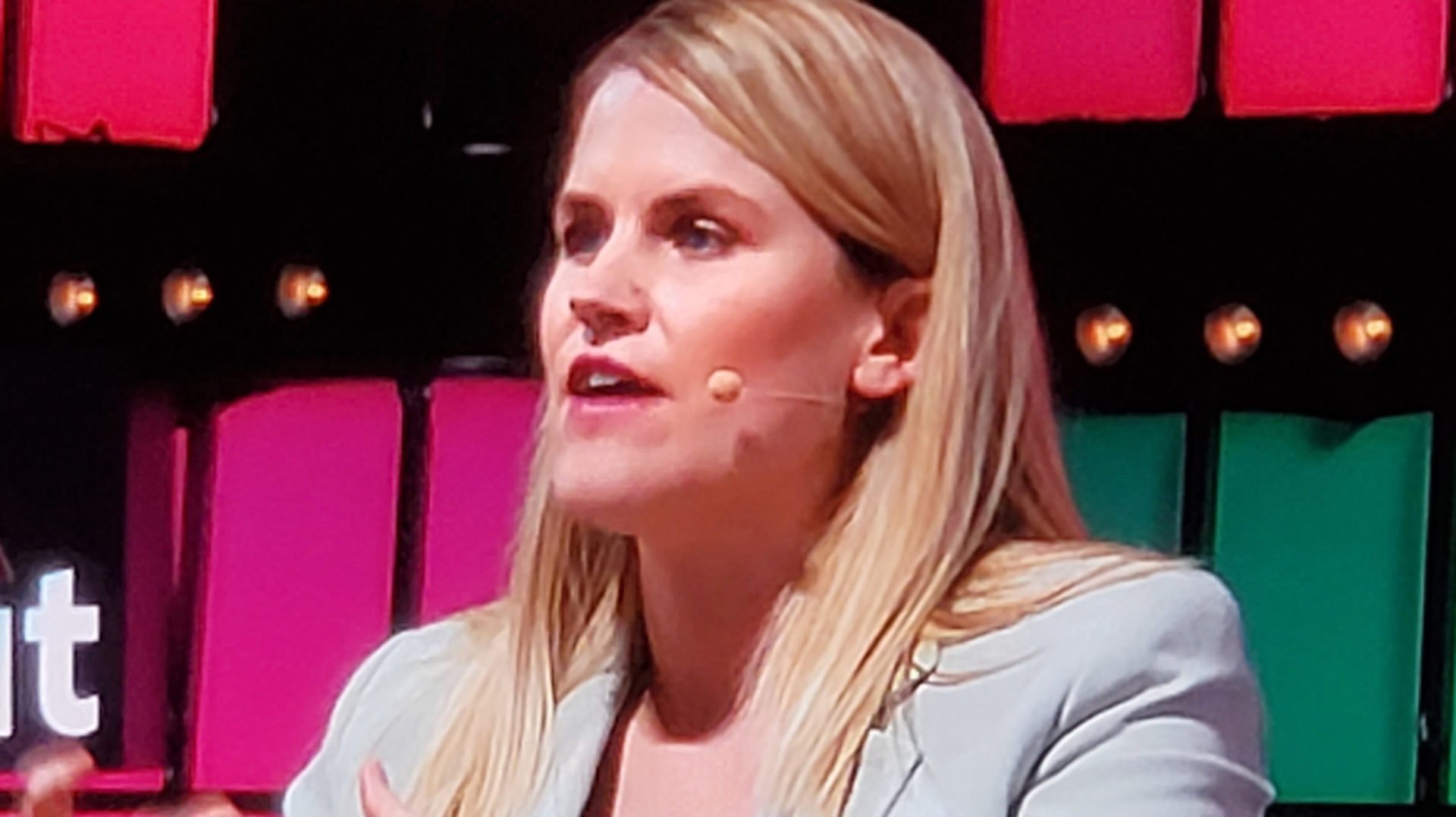
It’s the kind of thing I expect from Ray Ozzie—to point out something I have completely ignored that immediately afterward seems obvious. “As the smartphone took off, what application had the least innovation?” he asked as I sat with him at lunch recently. His answer: “The phone itself.”
In his view, the reason we all talk on the phone so much less these days is not because we don’t want to communicate with voice, but rather because other communications tools emerged that are more convenient and modern. “Everything else we do today is based around the way the Internet works,” he continues. “But the voice paradigm is 100 years old. Voice has been waning because people don’t want to interrupt other people, and don’t want to be interrupted.”

Now he is betting the next phase of his career on reinventing the phone call. Ozzie yesterday launched Talko, a voice application that is built with an Internet foundation. “We feel voice calls are ripe for a rebirth,” says his Talko co-founder Matt Pope. “We start from a reconceptualization of what a phone call could be and weave messaging elements into that.”
Ozzie is one of the great tech visionaries of the modern era. In the 1980s he invented Lotus Notes, an enterprise PC app that in many ways laid the groundwork for the social and sharing-oriented world we live in today. It was the first widely-used collaborative software, or groupware. Notes is why IBM ended up buying Lotus for $3.5 billion in 1995. At the time that seemed like a lot of money.
For years Bill Gates called Ozzie “the best programmer who doesn’t work for Microsoft”–until he bought Ozzie’s last startup, Groove. (It got absorbed into the borg, more or less.) Then when Gates himself retired, he gave Ozzie his own title of Chief Software Architect. Ozzie struggled at Microsoft, a tough-guy organization for which his relatively gentle constitution was never well-suited. He did spearhead the creation of cloud service Azure, increasingly a Microsoft centerpiece. But he’s a lot happier making things on his own. Even with Notes he didn’t actually work for Lotus, but licensed the work of his independent company Iris Associates.

Talko, for now, is a free iPhone-only app that reverses the traditional method of making a call. You use its IP-telephony to initiate a connection with someone, and start talking before they pick up. So if they don’t come on at all, you’ve left a message. If they do pick up, you either repeat yourself or just continue. They can later rewind and listen to what you said at the beginning if you want, because everything is recorded. Once you’re live with one or many others, Talko allows you to text and send photos while you talk. It’s primarily intended for workgroups and families or groups of friends. It creates an ongoing and persistent voice conversation much like a group text string, but with audio. Whatever you say on a Talko call remains, regardless of whether anyone ever picks up. If you want to permanently erase anything, you can. But you have to do so deliberately.
It takes a little getting used to. I’m not sure I have, even after my own small company Techonomy has used it, mostly for meetings, the last month or so. While we are all dazzled by the quality of the voice connection-—WAY better than any typical regular or IP phone call–some of its features and foibles are jarring. The worst—if you get a regular call on your iPhone it temporarily kills the Talko conversation. (That, says Ozzie, is an unfortunate iOS design choice he hopes to be able to address.) And of course everybody has to be using an iPhone. Talko’s business model will be to charge businesses to use it for groups. For now it’s free, and for individuals Ozzie expects it to remain so indefinitely.
He knows it has flaws, but his aim now, after a couple years of work, is to get the product into the market so he can improve it with real-world feedback. An Android version is coming soon. Many of Talko’s features were challenging to create. Just getting its IP-telephony working on a cloud service provider had never been done before. (It uses both Azure and AWS.) Ozzie says if that hadn’t worked there wouldn’t be a Talko.
The thing he found odd about voice, once he focused on it a few years ago upon leaving Microsoft, was that while every other sort of data is essentially permanent in the age of the Net, voice conversations are almost always ephemeral (except to the NSA, of course). “WeChat, WhatsApp, Google voice–they all persist the text but not the voice,” Ozzie marvels.
His solution to ephemerality is another non-intuitive one: “You have to kill the ring.” He explains: “It’s only valuable in an emergency. In 99% of calls, the ring is an obstacle. I determined the best way to remove the ring is to provide persistence. You can always use a text message today to suggest initiating a call, but if you want to get a point across without waiting and waiting, do you want to be able to just start talking? Yes.”
“There will be a new world of voice that is searchable and one with the web,” he says, and he’s not alone in thinking that. A consortium known as Hypervoice.org, which includes communications heavy hitters like Ericsson and Telefonica, has a manifesto that basically says the same thing. Ozzie calls Talko “a hypervoice app.”
“I’ve always had a core passion to help people work more productively, whether in person or at a distance,” Ozzie explains. He rhapsodizes about “using tech as an augmentation device–a superconductor between our minds and hearts.”
Ozzie will be forever a visionary, and he always comes back to talking about the big-picture implications of getting people talking again: “People use text in email to set up a wall between them and you. In companies, passive-aggressive behavior emerges because you can control your words. Time and again we resolve issues by saying ‘Let’s take it offline and talk to each other’. You have more empathy because you can hear what the other person is saying to you. With Facebook, people manage their external image. That promotes a world of control freaks who control how they are seen.”
While it has major uses in business, Talko is also a consumer app–the first time Ozzie has ever built one. “It is not just another messaging app,” he says. “Talko aims to make it so people talk to one another more readily. What are the tools, that if created, will shape society in the right way, and help people to empathize? What causes real barriers to fall is real empathy. I want tools that encourage realtime unvarnished unblemished engagement with one another. We were built with ears and eyes and mouths, and to the extent we can still use those there will be more connection.
“If everyone on earth will have a smartphone and be using their voice, it won’t be through phone calls. So who’s your phone company going to be? Will it be Microsoft? Or Facebook or Google? Or Talko?” The answer is not obvious, but I’m glad he’s asking the question.
Original article published at LinkedIn.














